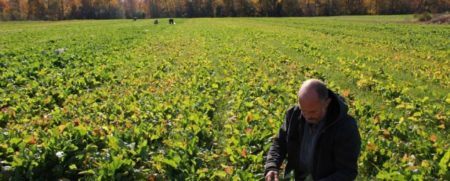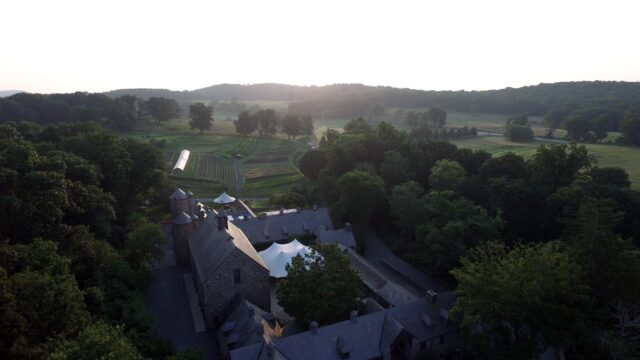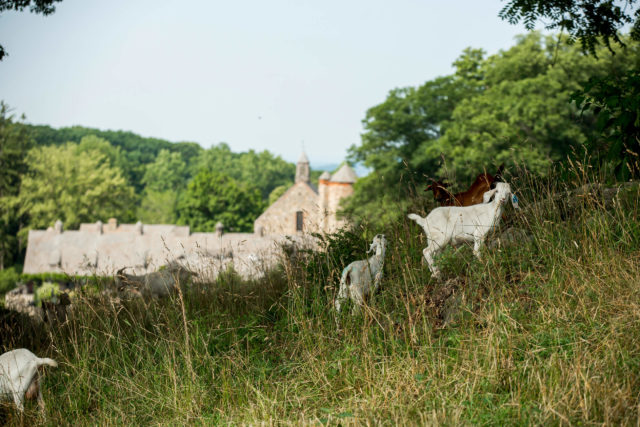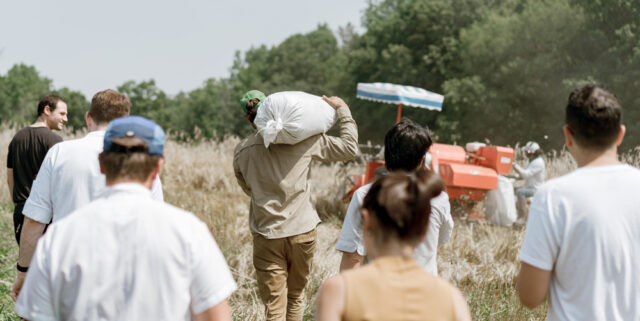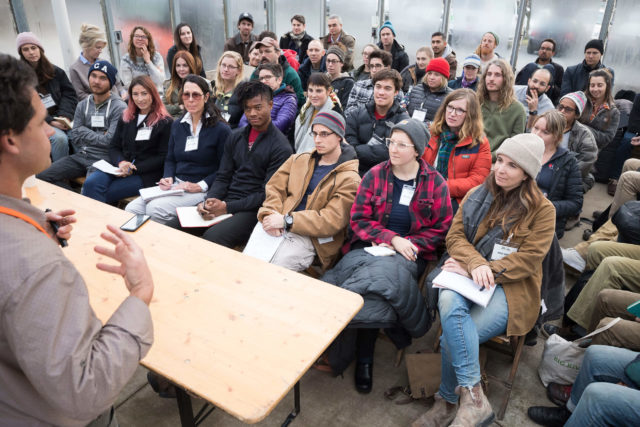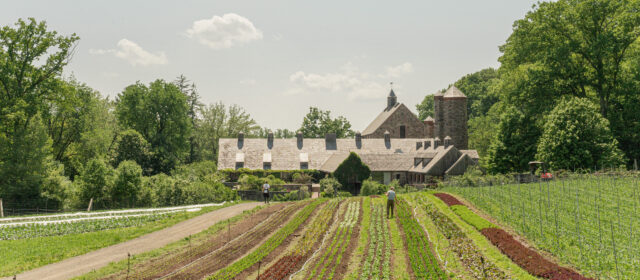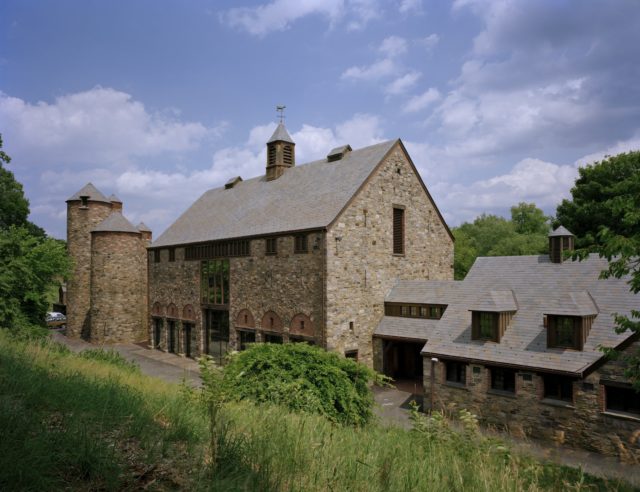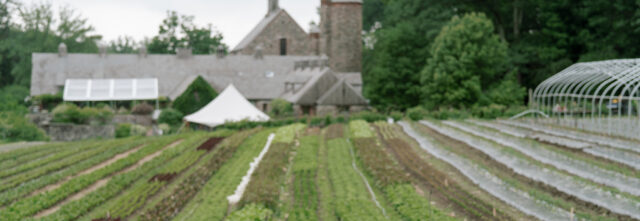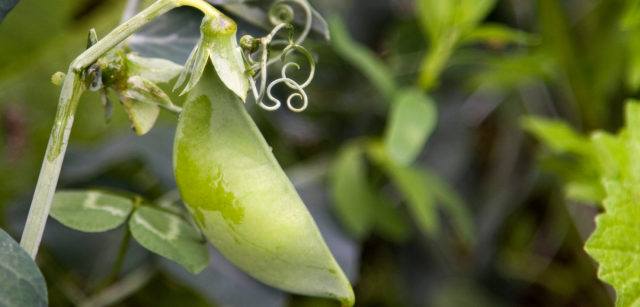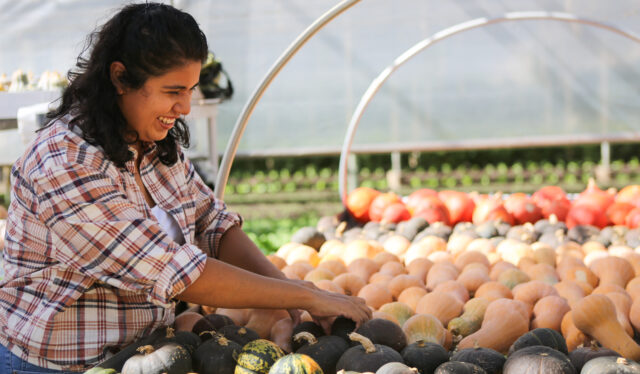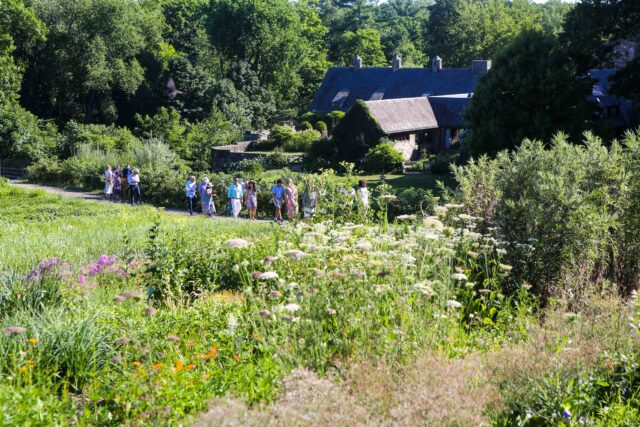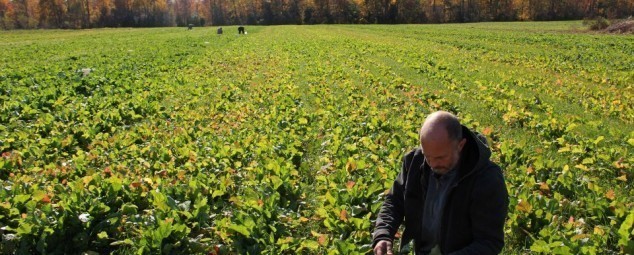Even’ Star Organic Farm
Brett Grohsgal and Christine Bergmark
Lexington Park, Maryland
SNAPSHOT QUESTIONS
When did you start your farm?
1996
What do you produce?
Certified organic vegetables, fruits, herbs, flowers, and seeds.
How big is your farm?
104 total acres. Tilled acres: 50. Acres in produce: 12-24, depending on season. Number of animals: 500-700 laying hens. Number of CSA shares: 500. Number of wholesale accounts: 8-10. Farmers’ markets: 3.
Where is it?
St. Mary’s County, Maryland.
What is your soil type and topography?
9 different soil types, from sandy silt loams to more clayey.
Do you lease, rent or own your land?
Own.
What are your markets?
CSA, wholesale (restaurants and independent grocers), and farmers’ markets. Crop seed sold through national seed companies.
IN-DEPTH QUESTIONS
What made you want to start your farm? What was your dream?
Love of great foods. To grow lots of great foods organically, profitably, and based in our training in the ag sciences.
How were you involved in farming before you started your own farm?
Brett was taught by mother and grandmother to prune and garden from age 5 onward. Got Bachelor’s degree in Botany, and Master’s in Soil Science. Landscaper to pay for schooling. As chef, bought from local high-quality growers way before it was cool. Christine worked on hay farm in the US, was in Peace Corps in Africa, and got a Doctorate in Crop Physiology.
How did you secure land and capital for your farm?
Worked other jobs and saved money before buying these many acres, and got some help from family.
What problems did you run into in the planning stages?
Unrealistic business planning.
What did your farm look like in year one?
Generally great soils. But weedy, on a shoestring, and so little cash!
What were some challenges that you didn’t expect to have and how did you deal with them?
Employees rarely work as fast or efficiently as owners. Hurricanes and weather extremes have also wreaked havoc.
What were some indicators in the beginning stages that made you optimistic for your farm’s success?
The markets wanted our commitment to the highest food quality, and our soils proved to be better than could be imagined.
What have been some landmark events in your farm’s development? (equipment purchases, strategic decision, markets, etc.)
1) Purchase in 1998 of irrigation and building of irrigation pond.
2) Realization in 1998 that we’d go broke very soon if we stayed married to wholesale; our business plan had been deeply flawed.
3) Realization in 1999 that the farm’s crop genetics were highly adapted, continually evolving, and much more plastic (biologically resilient) than we had considered.
4) In 2000, started a winter CSA.
5) In 2009, the Washington DC market solidified as a buyers’ market: too many regions’ farmers were targeting our turf. So prices keep falling.
6) Were profitable each and every year from the start until 2011, when Hurricane Irene devastated the summer crops. First time being in the red for a year in all of Brett’s life as a chef or farmer. Emotionally very rough.
Was there a point when you felt your farm became “established?”
2002.
How have your goals changed?
We now must accept that our bodies, strong as they are, are finite. Need to build more crop breeding into the future and start reducing the production-farm mentality, all of the 4-ton loads on the delivery truck, and the endless 90-hour work weeks.
How have you been successful? (financial, production, quality of life, etc.)
Financial: I remain doubtful, as YES, we are profitable, but NO, the main farmer works too many hours to stay that way.
Production: very successful.
Quality of life: we can relax too infrequently.
Building of farm infrastructure: outstanding.
Stewardship: now have lovely amounts of biodiversity and ecosystem health.
Who or what can you credit for your successes?
Great soils, superior genetics, hard work, the amazing resilience of other species, loyal customers, supportive family, and the gods.
What challenges does your farm face now and in the future?
Physical exhaustion and the main farmer’s intellectual inertia.
Where do you see your farm in five years?
Much more in crop breeding for seed sales and much less high-volume summer production. Equal to slightly higher winter production.
What advice would you give to beginning farmers?
Respect and value the ecosystems that you farm; listen to plants and soils, not to calendars or other human constructs; be tough, be strong, but don’t push yourself to a breaking point or a burn-out crisis. And remember that life is too short to eat or to grow boring foods.
For more on Even’ Star Organic Farm:
localharvest.org/even-star-organic-farm-M9994
facebook.com/EvenStarOrganicFarm
From the 2015 Young Farmers Preconference — “This Is How We Do It: Learning From Successful Farm Models.”
Originally published on March 14, 2016



